SELF LEADERSHIP: a path to follow
SELF LEADERSHIP: A PATH TO FOLLOW
Norman Warwick speaks to Dr. Burkhard Bensmann
Dr. Bensmann seems a good guy. He and his wife Anya have moved in more or less next door to us here on Lanzarote. He popped round to cheerfully introduce himself and it soon became obvious he is a bit of a football fan, and is both an artist and an arts-lover. He told us a little bit about his professional background and how he feels his global on line consultancy business could find a new market on Lanzarote and in doing so might quicken the island´s acceleration away from Covid on the road to recovery. So, on the basis of what´s not to like I asked if I could interview him for these pages so that I might be able to more clearly share his vision with my readers.
I began my interview with Burkhard by asking him a question that seems very straightforward but is usually more difficult to answer than we might imagine,
So, who is Burkard ?
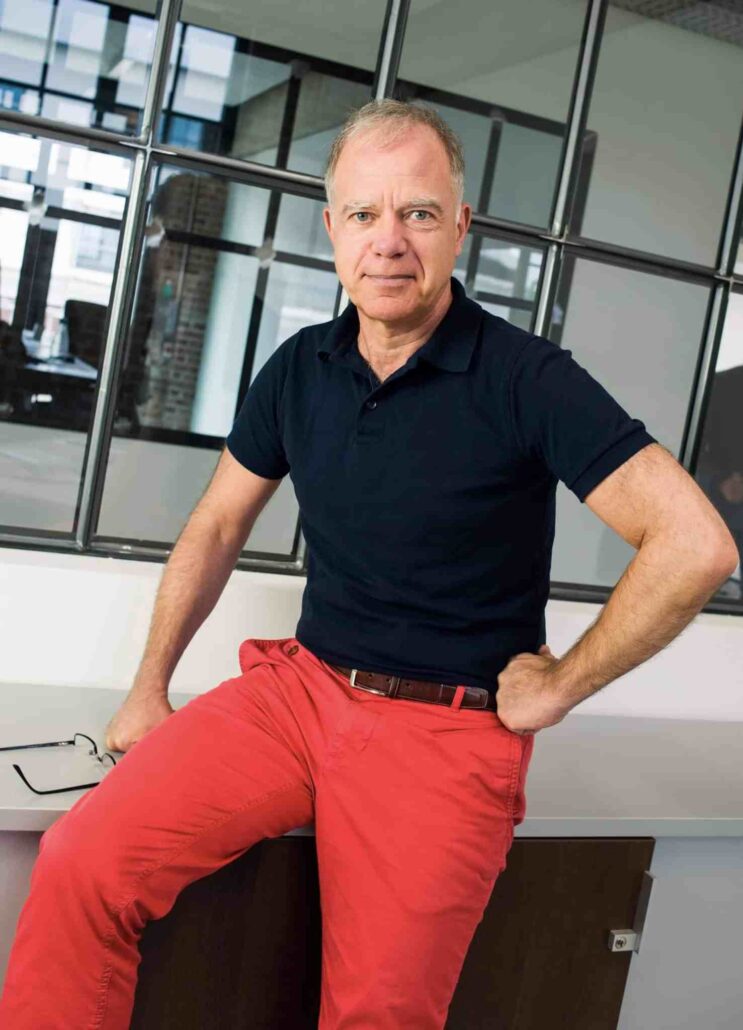
´How much time do we have?´ he laughed. ´This one answer could take about thirty minutes ! I am a self-employed entrepreneur on the one hand, working as a consultant, mainly in Germany, but i have clients all around the world as well. For example, I have clients in Singapore and that is useful for different perspectives. I teach at my town university in Ossenburg, Germany on topics such as leadership, oeganisation and development, communications etc. I am happily married to Anja Termollen and we live sometimes in Germany and sometimes here on Lanzarote´.
Burkhard obviously has a very successful business in Germany but might his decision to now divide his time between there and Lanzarote bring some difficulties? What can Lanzarote provide to enable him to grow his business, I wonder.
´First of all it is good to have a change every now and then. It is not my intention to be here (on the island) 24/ 7 for 365 days a year. The change will be very helpful. It supplies different perspectives. What I draw from Lanzarote, especially for my work is that kind of different perspective. I think, although it sounds like a cliché, there is an energy to the island and, too, the colourfulness. At first glance you don´t see colours but there are colours of course, and this is good for all my senses here. It opens me up. And taking all this in and inhaling it is helpful for me as a person to supply support to others. That is maybe the way it works´.
So what is that you are looking for and indeed what is that your clients might be looking for in this relationship
´I think people are normally in circumstances where they search for support. I quite often find people who are changing positions, for example, they may be a managing director, moving to new and bigger company, which is the case at the moment with a client in Singapore. In these cases I am simply ´with´ them in this change, as a sounding board, helping them to reflect on their situation and figure out the opportunities there are and sometimes, figuratively, I am just holding their hands through this transition. I need to have energy to deliver this process and to accompany these people. I need to be very clear with myself, on the one hand, and need to be totally fit in body, mind and soul. Again, this is why I have connected to the island here. It does well on me. It seems to be supportive for me so that I can be supportive for others, To me; it’s a bit like being on a plane. We are told that in case of emergency the oxygen masks will fall from the compartment above. Pick it up, put it over your mouth and breathe deeply and help yourself before you help others. I think, for me, that this is the message: you have to supply yourself with what you need to be able to help others. Maybe that is one the reasons I needed to come here, so I could gather the energy that is needed in my consultancy and coaching work´.
So, we have spoken about how Lanzarote benefits Burkhart in a way that in turn enables him to benefit his clients. I ask what, then, are the benefits of Burkhart and his work to Lanzarote?
´That´s a good question, of course. I have been holidaying here for around eight years now, but now we have settled here and I have become your neighbour. I think self leadertship could be a useful tool in Lanzarote working. I can´t say I found or discovered Self-Leadership because as we know it appeared in management-theories in the nineteen sixties. It was said then that you had to first learn to lead yourself before you could lead others, or perhaps I should say, be allowed to le lead others. Bringing this kind of topic to Lanzarote and maybe enhancing it by exploring why it is necessary to speak of the topic and why it is necessary to learn about what could be applied to politicians on the island, to entrepreneurs on the island and to artists as well. I am willing and able to supply these kinds of approaches that are outlined on the pages of my web site. It is a unique process created over ten years ago now and called The Seven Fields Of Self-Leadership, starting with Vision and Mission on the one hand and the final seventh field being Added Value and all the fields in between are just as important as far as I am concerned. So, what I can supply is a proven, tested model and coming with that an approach that encourages and facilitates people in leading positrons to think about themselves and reflect. Not only reflect, of course, but also do something, Figure out where the obstacles are and what they can to better live their life.´
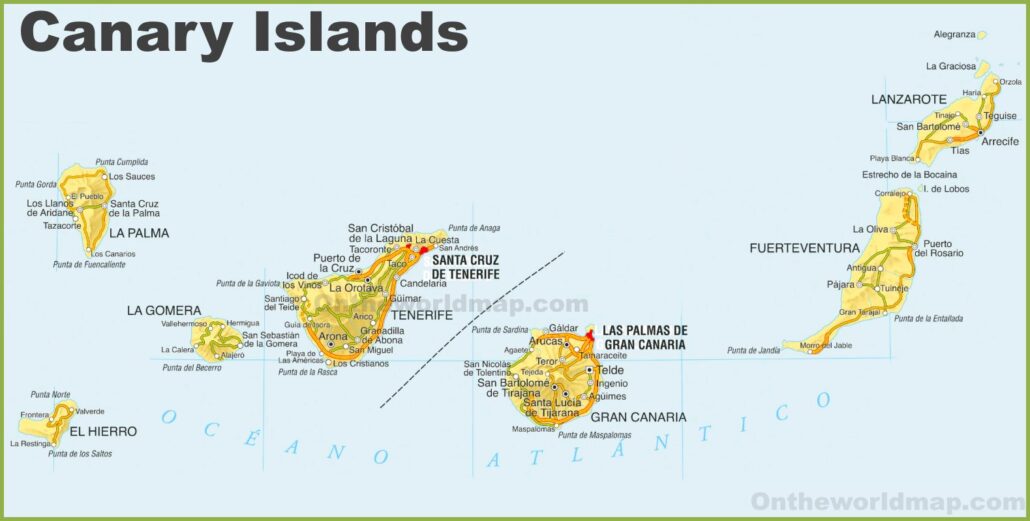
Where in the mind-set, or in the heart, of Lanzarote would you expect to find an awareness of the need for self-leadership? The island enjoys some unique cultural aspects and even a degree of political autonomy, but it remains after all, a small island as just one of eight in the group of Canary Islands, itself subject to Spain which is part of Europe, so will it grasp the concept of self leadership?
¨I think I can identify some target groups that I would be happy to serve so long as time allows. These groups incorporate, as I said, entrepreneurs, and business people in the roles of CEO or Managing Director of British companies, or Spanish companies or European companies or whatever. But as for where is the heart of it all,….I think it is interesting to come from Art. This won´t surprise you, Norman I know, but I have quite often found that people interested in the arts, be it music, painting, sculpture or whatever, electronics arts, perhaps, quite often are people who are business people. Arts seem to help them remain open minded, so the heart I´m looking for is, in a way, a virtual heart. The island itself is the heart, maybe, but the virtual heart is clearly seen when the people gather together at exhibitions or in workshops. A guess, but it looks that way´.
One thing I would interject here, that I see from my personal viewpoint as ´an artist´, is that I know I and many of my former peer group would like to see ourselves as self leaders. There is also amongst many of us a strong liking, and even need, for collaboration. Are those two traits mutually exclusive?
´Whenever I give a talk or a speech or a seminar or something my audience thinks at first that self-leadership must something they have to do alone. But that is only part of it because, of course whether you want it or not or whether you see it or not you are always somehow connected to others. Of course, to be successful in life and achieve your self-imposed targets, those targets will either include others or be achieved by working with others. Another of the fields of Self Leadership is partners, co-workers and spouses. These are, after all the people we live with and one of the talents to develop is certainly to be able work alongside others. Knowing others is part of the basis of knowing yourself.´
At what stage in your life did you first recognise the need for, and the importance of self-leadership?
´I´d like to say pretty early. Maybe around eighteen or nineteen as I started to read a lot. I was reading books on philosophy for sure. I´m not absolutely sure of the demographic of your readers but some of them may remember the name Alan Watts, and his books on Buddhism in the Western hemisphere´.
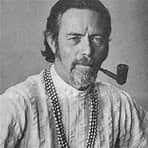
Note: Alan Wilson Watts (left) (6 January 1915 – 16 November 1973) was a British writer and speaker known for interpreting and popularising Buddhism, Taoism, and Hinduism for a Western audience. Born in Chislehurst, England, he moved to the United States in 1938 and began Zen training in New York. He received a master’s degree in theology from Seabury-Western Theological Seminary and became an Episcopal priest in 1945. He left the ministry in 1950 and moved to California, where he joined the faculty of the American Academy of Asian Studies. Watts gained a following while working as a volunteer programmer at the KPFA radio station in Berkeley. He wrote more than 25 books and articles on religion and philosophy, introducing the emerging hippie counterculture to The Way of Zen (1957), one of the first bestselling books on Buddhism. In Psychotherapy East and West (1961), he argued that Buddhism could be thought of as a form of psychotherapy. He considered Nature, Man and Woman (1958) to be, “from a literary point of view—the best book I have ever written”. He also explored human consciousness and psychedelics in works such as The New Alchemy (1958) and The Joyous Cosmology (1962).
´That was all a big influence on me. After that I studied art and became very interested in experimental photography, taking part in exhibitions and things like that. Of course, from the position of an art student questions arise such as who am I and what do I want to express? These are key questions we always come across and that we cannot run away from.
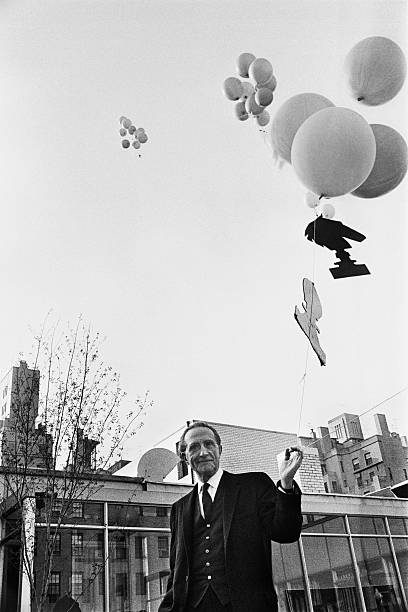
I was in my twenties and needed to earn a living but knew also I needed some training in Art History and I delivered a dissertation on Marcel Duchamp, the French-American painter and sculptor (shown right). It was very helpful to switch perspectives. We spoke earlier about switching perspectives between Germany and Lanzarote but in my twenties I realised that his ability to switch perspective, coming from the world of art, studying art and art history, making art in and photography and things like that kind of qualified myself to supply this different perspective to clients in the business world. This was after I had turned thirty. I realised from things I had found out in projects about corporate identity, by the way, that I could supply this different perspective, offer ideas and serve as a sounding board. That was the start of this career of being a consultant and coach. It was not planned. It was not about having a great vision but it was about stumbling over the fact that there was a need for what I could supply. I could supply some support because I´m different, I would very much like to encourage people today, in their twenties, to dare to be different. And coming from the work of Art, Literature Philosophy, it was a way I could be a different consultant from the ones usually delivering business management work. It was there I found this topic of first, Lead Yourself, but it took another ten years before I was able to write books about that´.
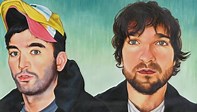
Let me just step backwards and go slightly off topic if I may. You mentioned Buddhism which really interests me at the moment because, by serendipity (another force I strongly believe in), I have recently read an autobiography, Beeswing, by British songwriter Richard Thompson, and then almost immediately on completion of that I interviewed a lady called Marian Minnebo who owns an enchanting arts-store called Shop M´AromA in the little arts complex in Yaiza. Only this week I have written about a new music album about the life style and attitudes of Buddhism by Sufjan Stevens and Angelo De Augustine. The album itself is named after the Zen Buddhist concept of ´shoshin´ which refers to the state of seeing and accepting the world around you openly, like a child. Stevens and De Augustine employed that mind-set to write music without preconceived notions restricting the creative flow.
So all of a sudden, coming from out of nowhere and from talking to you I have this revised perspective of what that view of life is all about. However, back to the interview,….. before coming to Lanzarote how deeply did you explore what obstacles might be in your way and what opportunities there may be for you to reach a new audience for your work?
´As I said, I didn´t have the vision in my twenties that I was going to be a consultant. When I came to Lanzarote or I should say when Anya and I first came here on holidays and the Lanzarote became the place, the island, the best place to be and we came here to live I clearly had a vision of myself. The best example I can give is that I clearly remember that my wife took photographs of me taking photographs of rocks along the coastline. At that moment I was totally being myself. Everything was falling into place and this was the vision I had of being here. That vision, now that we have a home here is realising that vision, doing what I should be doing, taking photographs, creating art. I have made some short films, some English films and some video clips on my web site as well. There are some, heads up, I have an idea and I’ll talk to you about this place with its special energy here. You´ll see the waves behind me and the rocks around me and this is the place where I feel the highest energy. This was my vision, and my wife took these photos of me, taking photographs of this place, which is exactly where I have to be. Does that make sense?´
It makes sense to me sir. We´re using words like serendipity and energy and phrases like ´knowing myself´ and Self Leadership but from someone like my late dad, who was a very hard-working, working class made good sort of guy, there might be requests for evidence and some show of proof that what you´re advocating can and will work.´
´I realise that the use of words like energy in this context has us walking on thin ice, and that people may well ask what are we talking about and how does it work? Not everyone feels the ´energy´ we are talking about. But I am scientist by training but I studied Art and took a Master’s Degree in Art History And Literature and I´m teaching at a University, of course, I´m a Professor. When I speak of ´energy´ I have a concept of what that word means in scientific terms. However I am not afraid to say, in other terms, that I feel it but I can’t explain it. There have been things for all of us in the past that we could not explain and today I´m sure we all have things and feelings we can´t explain but we do know that in ten years’ time we will be at least able to theories what those feelings were. So sure there I can´t explain or prove, but I can just watch it, in Buddhist terms, and see how it develops. To be the watcher of things is a help to me. When you connect that to my kind of work, of course, I´m a businessman and so I need indicators, those key performance indicators, that are being talked about these days as ´the next hot-shit´ so I think we lever it in a way and we can do this by using questionnaires, doing lots of texts and by my continuing to read lots of books that keep me apace of developments in the field, any new key findings from someplace like Harvard university or wherever. There have been developments of course, like the way the concept of well-being is accepted and studied now. But do I have proof? I can´t always show that a good piece of corporate by company x was due to my consultancy work y, but we carefully evaluate their receptivity to what we say, their employment of it and the results of that. I need that data for my work and of course my clients need it because they are business people´.
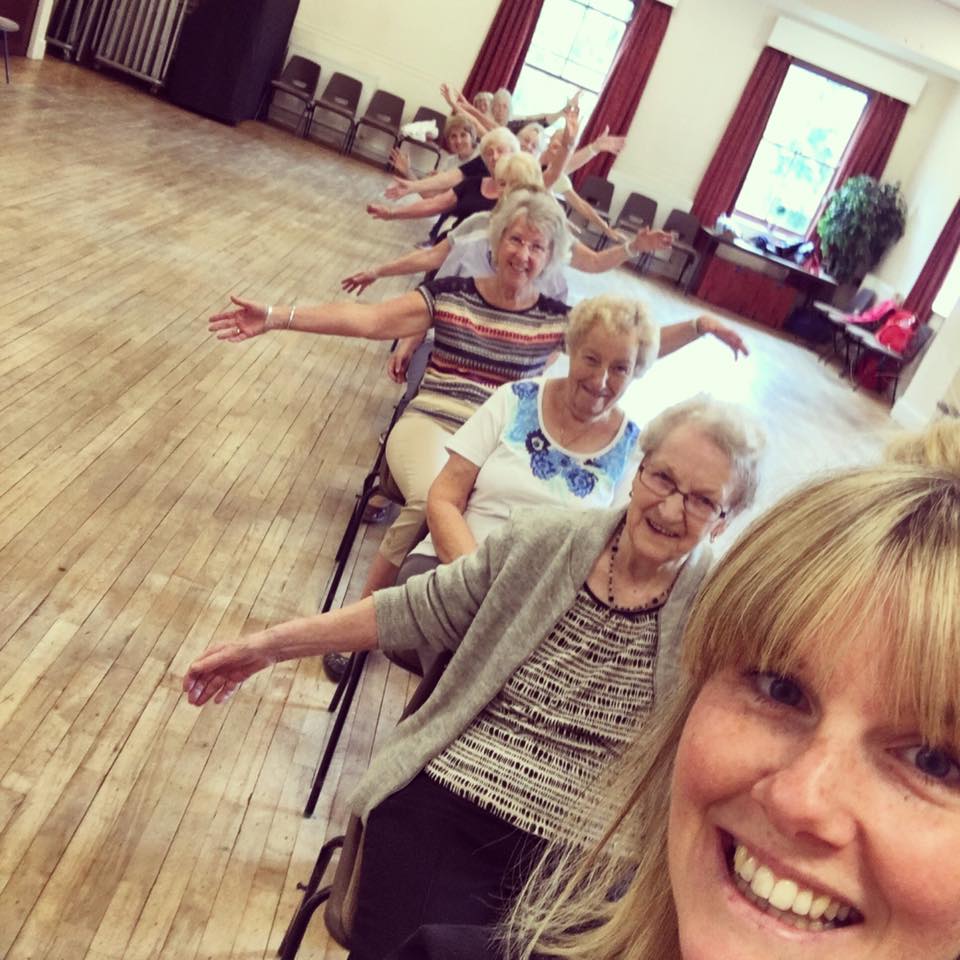
You make some valid points there. I´m reminded in fact of the work I was doing in Rochdale, North West England twenty five to twenty years ago as a peripatetic creative writing facilitator. We had a very enlightened local council. They made funding available to fifteen or so different arts groups to work around the borough to facilitate learning and to change perceptions. There were some deeply ingrained perceptions to change too. In the past the Borough had suffered from a corrupt local government and the town had been hit by race and child grooming atrocities. What that gave us as artists was a little bit of heightened status with which we could kno0wck on some doors and seek matched funding. Apart from being a funded artist myself, I was also subsequently a trustee of Can´t Dance Can and from them learned how to identify what results the funders could expect for their money, and of course at the end of our projects we had to ´prove´ we had achieved that. The results were always there but the difficulty was in establishing those Key Performance Indicators you mentioned.
¨There´s another clue, perhaps, of what Lanzarote could find as a corporate identity, to look even more deeply into how the two realms, of art and commerce can interact and find a new way forward. I am quite sure that here on Lanzarote, at business exhibitions and similar functions, there is a coming together of open minded business people who like to broaden their minds and to work on their personalities and skills. Maybe we can go even further on this island and encourage new platforms for that.´
That´s perhaps a topic for off-air in the ´green room.´ However, we have talked about Germany, the UK, Lanzarote and Singapore. Where else in the world have you travelled and have you identified different levels of receptivity to the concept of Self Leadership, as you have travelled?
´Yes. This morning I was just meeting with an artist up in Tias over breakfast and somehow we talked about me in the nineties being a visiting Professor at the Arts institute Of Boston (USA). I was there delivering a course called How To Survive As An Artist and I was talking about Duchamp and his approach to his work. Boston is a very ´European´ American city and its students are from all sorts of diverse backgrounds. I was trying to work with them on Self-Leadership, of course. I´ve worked around the world in other places, but mainly for short periods of time delivering courses for German companies that operate world-wide. I like to travel, and we talked about Singapore, where I had this client working for a shipping company, though nowadays he works for a London company, I first heard from him after he had tuned into a podcast I made in which I said I was going to be visiting Singapore and he contacted me, introduced himself by saying he had heard my podcast and hear me mention Singapore. He then told me he lived there and asked if I´d like to meet up. This kind of thing happen sometimes, not just by coincidence but by connection, through a podcast perhaps, but sometimes I also like to be abroad, not doing business but just digging into the culture. That´s one of the reasons I love Indonesia for example. I´ve been to Australia twice, although that was on business, delivering projects for non-profit organisations. There is a totally different perspective ´down under´´ but I need that, to learn about those different perspectives that exist away from my home turf, and as we´ve said that may be one of the reasons I have come here to this island´.
In all those travels then, have you identified the one particular country or culture which seems most in tune with this concept of Self Leadership?
´That´s another good question. On one of my courses at the University I have a totally diverse group of students, changing every year. They have a founding programme Erasmus and students come from all over the world, for example from Ethiopia or Korea or wherever and so I have my course on Self Leadership and from these students I get responses or answers to that. I find that initial reactions to the concept are widely varied but by the time I reach the core aspects of the module, I hear them saying ´ah, now I see how I can adapt that to my culture´. Some seek a group focus, others take an individualistic viewpoint. When you dig deep down into the core of Self Leadership, when you think about the concepts of Vision and Mission and things like that of course it can be applied to most cultures, but when we dig deep down I think it applies to the Japanese, The Ethiopian, to the American,…..at least, that´s what I find out from the students so the students are always a good test !´
Given that you have recently settled here and you have been a bit nomadic of late, how can prospective clients first of all get to know about you and then make contact with you?
´At the moment I will spend at least four months a year on Lanzarote, gradually increasing to six, seven, eight months a year and become a resident. At least that´s the plan, so it should remain easy to find. When I´m here. of course, I am anyway still working with my clients around the world, via Zoom and team video chats. Wherever I am people can always contact me via e mail but I like the fact that we can maintain contact bye mail and I also like the fact that we can also communicate by zoom or facetime or whatever. But still, for processes of coaching, its ok to have ´sprints´ via video but there are times I need to be in the same room as my client with all my senses working to make progress most efficiently. So when people have found me they can do that and start to figure out what I mean when I speak about The Seven Fields of Self Leadership. Like everyone else people on Lanzarote can find out all about it on my web site and I´ll be here for a fortnight once a month or so and we could arrange to meet if they wish.´
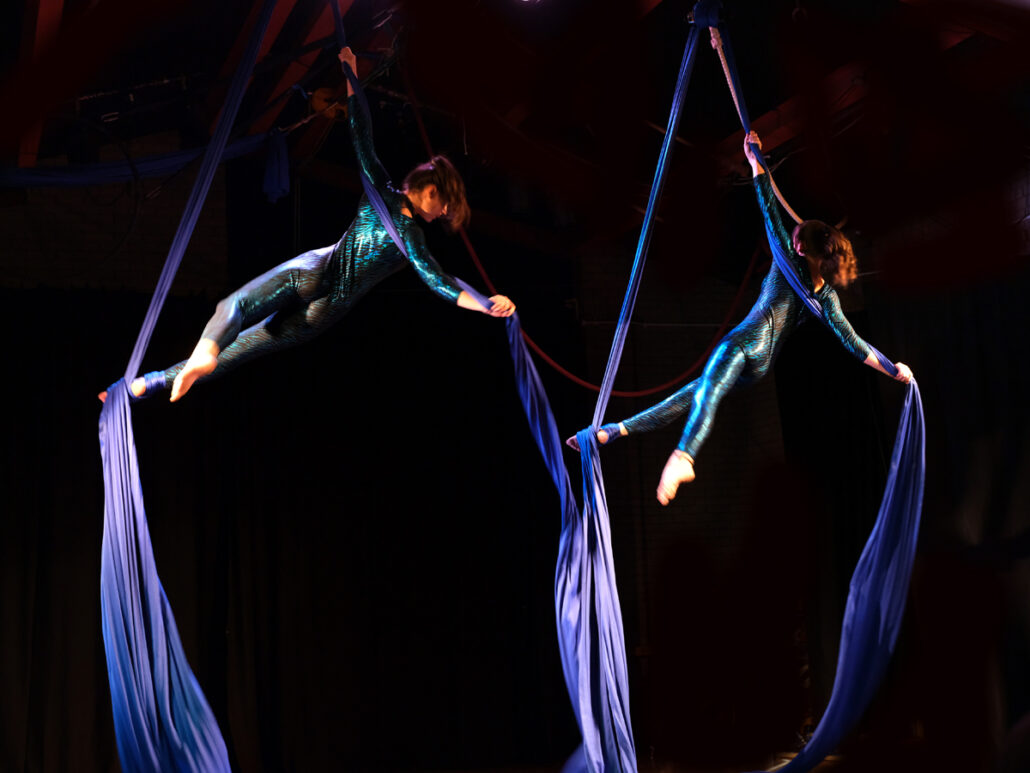
Skylight Circus Arts
As I have listened to you today I have become increasingly certain that every one of those revenue-funded arts organisations I worked alongside in Rochdale twenty years ago would have found much to learn from your project, whether it was Skylight Circus, M6 Theatre group or a literary organisation, as I was with Just Poets. More to the point I´m also fairly certain that each of those groups would have had a need of some bespoke version of your course. For instance one of my prime interests with my organisations was in raising awareness of alternative career paths because the education system seemed to be concerned with providing fodder for The Man, really, and seemed to shy away from offering independence or autonomy. So I wonder now, as we hopefully enter a post-covid era, what changes there might be in an identified need for and demand for the services and skills you are seeking to deliver.
´I think that covid made us more creative. At least that was one of the theses of a friend of mine who I shared a podcast with a couple of weeks ago. When you were open to it you could see that the dilemma of covid was pushing you to do something differently or event to take short-cuts you had previously thought you shouldn´t or couldn´t take or event that you weren´t allowed to take. Whole organisations learned that their processes were kind of stupid and slow and they found shortcuts and found themselves saying, ´oh, that´s interesting. it works. Maybe it works even better. So what I have been ´preaching´ for the past seventeen or eighteen months while we have been in this deep hole has been ´please, take some time out and reflect on what we learn´. there will be a different kind of normality afterwards, so write down your thoughts, share then with your management group or whoever. I think that´s one thing to remember. If you are of an entrepreneurial mind-set you can learn many lessons from this crisis that might encourage more self-reflection for the ´self´ on the one hand and for the ´group´ on the other. So, is there a need for this kind of self-development kind of consultancy of mine? Yes, there has always been a need but whether there is currently and foreseeably a greater need depends on other things. As we all can see for ourselves, even world leaders, there are times when we have been cowardly during this crisis, we have shied away from taking responsibility and decision-making we should also see that we should invest time in looking at what has happened. Why did it happen to us? Why did it happen to me? What does it all tell me about my mind-set and do I have a constructive mind-set?
I was born in Northern Germany and we are very down to earth there, so I don´t need all this ´touch feely´ stuff, if we think we didn´t perform in the best way let´s invest time in finding out what that says about us? What do I need to put on my list of things to work on? The phrase self-sabotage has entered the vocabulary and there has been a lot of it going on. Covid affected the brain, the mind and the heart of individuals and societies. World leaders have not responded well to the road blocks we have encountered in this situation. I suggest personal planning sessions should become part of any individual´s ritual. At least once a year find a room on your own and take a personal review and use a notebook or something to list the personal successes of the previous twelve months but then spending time to list how you can improve it next year. this applies especially world leaders. We all need to learn how to lead ourselves before we can be allowed to lead others´.
So, where does ambition stand on the steps of self-leadership?
´The ego, or ambition, is a vehicle and if we learn to watch it we can benefit from it. We are the observer of our own ego and we become a conduit. What I express on my course in some ways doesn´t belong to me, but of course, it is my duty it to phrase it and frame so I can share it, give it a form and interact it with other people.´
Would you similarly describe yourself as being a conduit when functioning as an artist?
´Yeh. I think so. Maybe that’s my perspective of the evolution, to find out what is my part in this process. What is my vision? And that brings me back to the Mission And Vision field of self leadership. My mission is more important, I guess, to find out what´s important. Why the hell am I on this earth? That is part of identifying my personal mission that involved me in taking photographs and stuff like that. When I celebrated my sixtieth birthday a couple of weeks ago I did so in my workshop where I work on my vintage cars. I invited a bunch of people to come and see me over a three month period and I said they could come and work on whatever really interested them. I took photos and installations and even a machine I built in my twenties to work on projection of images. I just put it there and it went through my life, from the work I undertook as a young man to what I still do today. This is all work that is part of my own self-leadership. I don´t create to show it to others but rather a part of the aesthetic ay to live my life. It reminded me how working as an artist has given me a different perspective in my business life. I still need Art. I still enjoy Art and part of me will always be an artist.
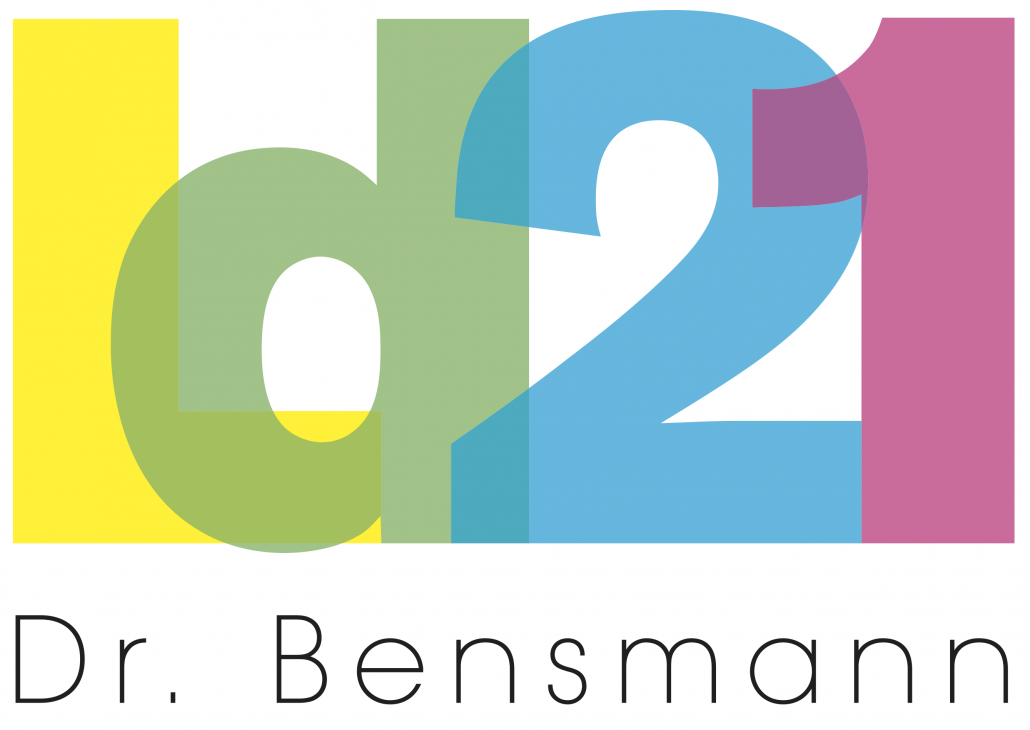
I have been speaking to Dr. Burkhard Bensmann and you can learn more about Burkhard and Self-Leadership by visiting his web site at
Home-english – Ld21 Dr. Burkhard Bensmann Consulting
Sidetracks And Detours strongly recommend a visit to that web site where you can check out the Seven Fields Of Self-Leadership model and consider the English-language video works posted there.
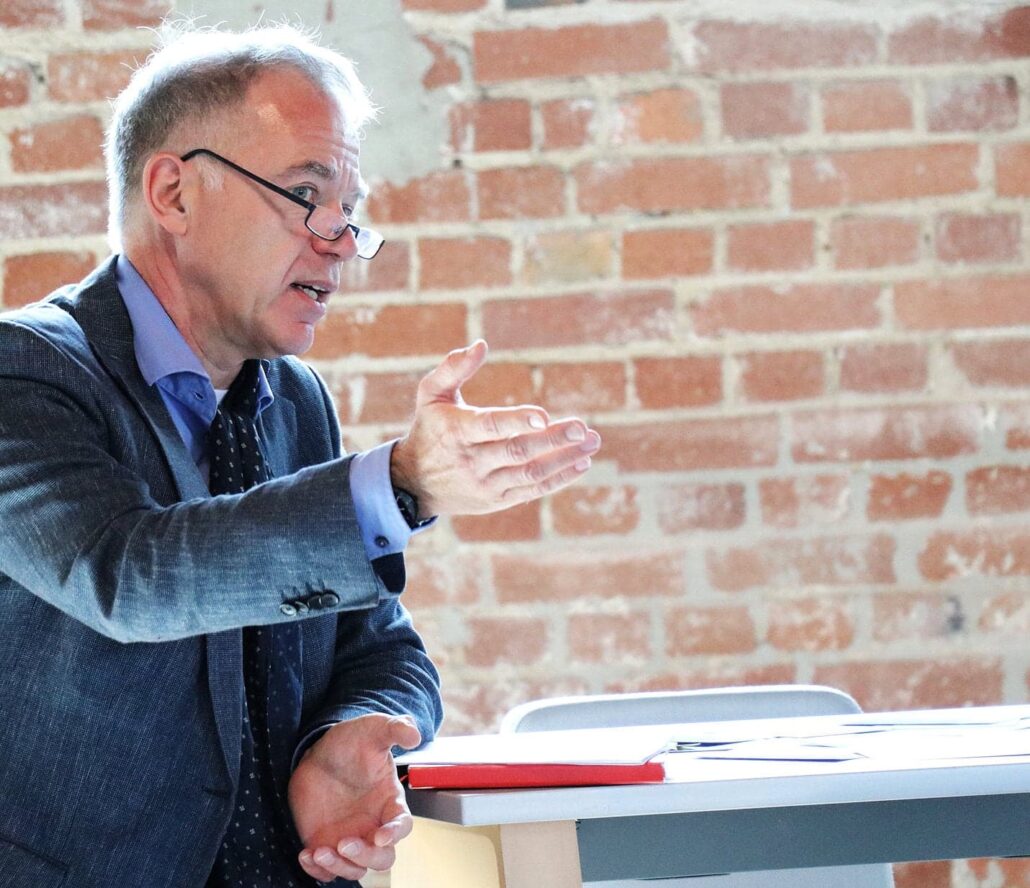

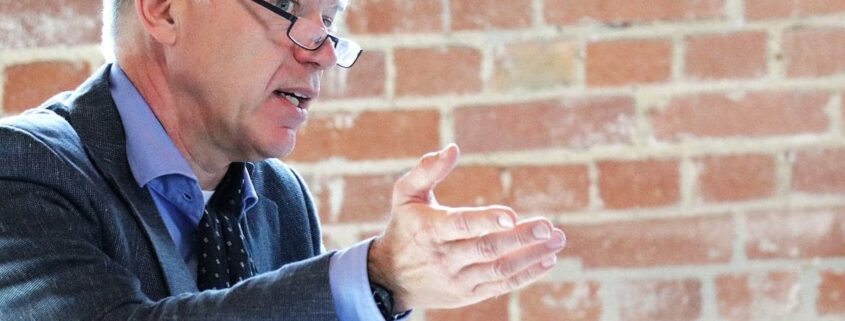


Leave a Reply
Want to join the discussion?Feel free to contribute!